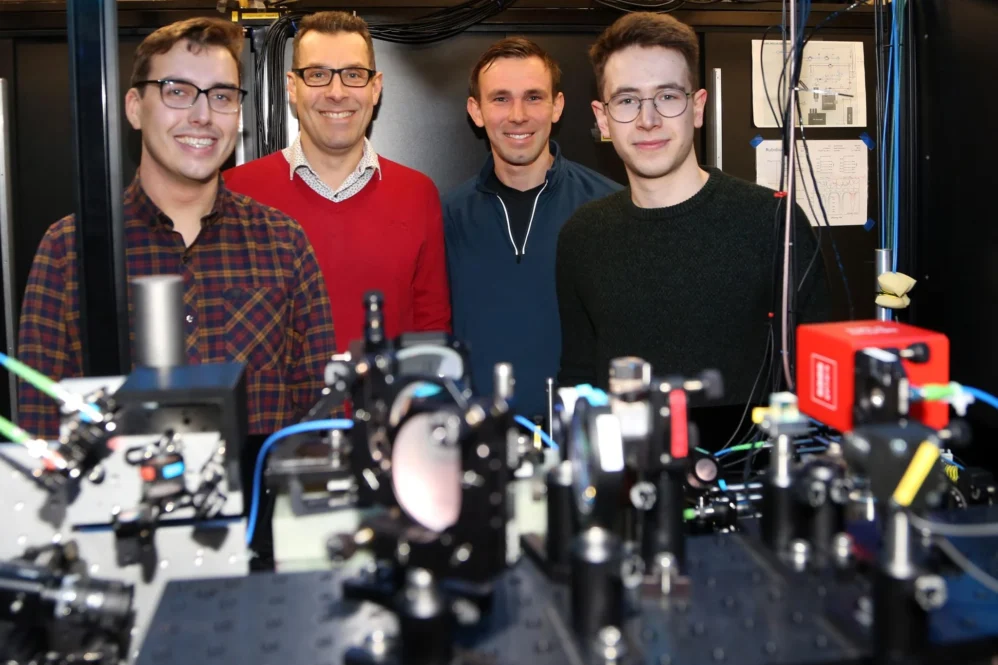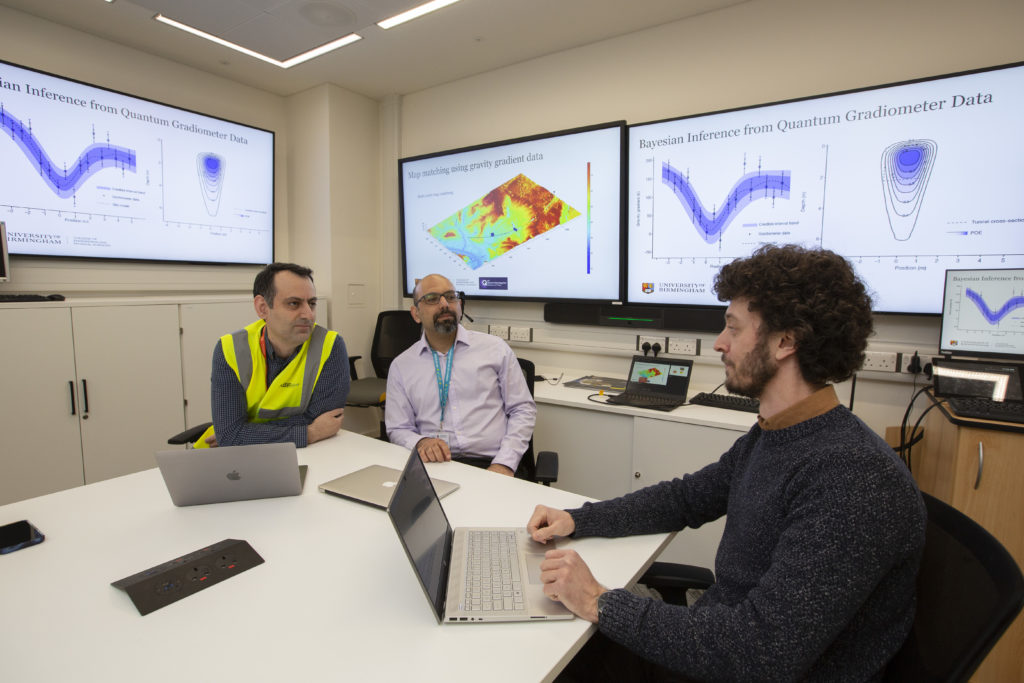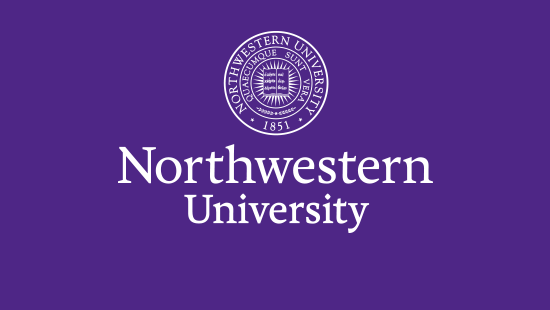A pioneering advancement in quantum technology has emerged from Durham University, where researchers have successfully demonstrated sustained quantum entanglement between molecules using innovative “magic-wavelength optical tweezers.” The achievement, spearheaded by Professor Simon Cornish and Dr. Daniel Ruttley, marks a significant milestone in quantum science, with entanglement fidelity exceeding 92%.
The core innovation lies in the use of precisely calibrated optical traps that create an exceptionally stable environment for molecular entanglement. These optical tweezers, utilizing specially tuned laser light, enable unprecedented control over individual molecules, maintaining quantum coherence for periods approaching one second – a remarkable duration in quantum terms.
This breakthrough is particularly significant because while quantum entanglement has been previously achieved with atoms, accomplishing it with molecules represents a substantial advance. Molecules offer additional properties such as vibration and rotation that can be harnessed for more sophisticated quantum applications. The ability to maintain stable molecular entanglement opens new possibilities for quantum computing, sensing, and the study of complex quantum materials.
The research team achieved this stability through the development of an environment that preserves molecular coherence over extended periods. The high entanglement fidelity of over 92% – with potential for even higher rates when accounting for correctable errors – demonstrates the exceptional precision and control achieved in this work. This level of stability is crucial for applications requiring extended measurement periods and quantum information storage.
The implications of this advancement extend across multiple domains of quantum technology. In quantum computing, stable molecular entanglement could enable more complex computational operations. For quantum sensing, it offers the potential for enhanced precision measurements. The technology also supports the development of quantum memories – crucial components for storing quantum information in advanced quantum networks.
Professor Cornish emphasized the remarkable level of control achieved over individual molecules, noting that despite the fragility of quantum entanglement, they successfully maintained it using minimal interactions for extended periods. Dr. Ruttley highlighted the potential of molecules as fundamental building blocks for next-generation quantum technologies, suggesting applications in quantum computing, precise quantum sensors, and the study of complex quantum materials.
This achievement represents more than just a technical milestone; it demonstrates the growing maturity of quantum technology and its potential practical applications. The ability to maintain stable quantum states in molecules brings us closer to realizing functional quantum computers, sophisticated quantum sensors, and advanced quantum networks.
The research contributes to the broader field of quantum science and technology, offering new pathways for exploring quantum phenomena and developing practical applications. As part of ongoing advancements in quantum science, this breakthrough significantly advances the goal of utilizing molecules in complex quantum systems, potentially revolutionizing fields ranging from computing to materials science.
Reference: “Long-lived entanglement of molecules in magic-wavelength optical tweezers” by Daniel K. Ruttley, Tom R. Hepworth, Alexander Guttridge and Simon L. Cornish, 15 January 2025, Nature. DOI: 10.1038/s41586-024-08365-1



